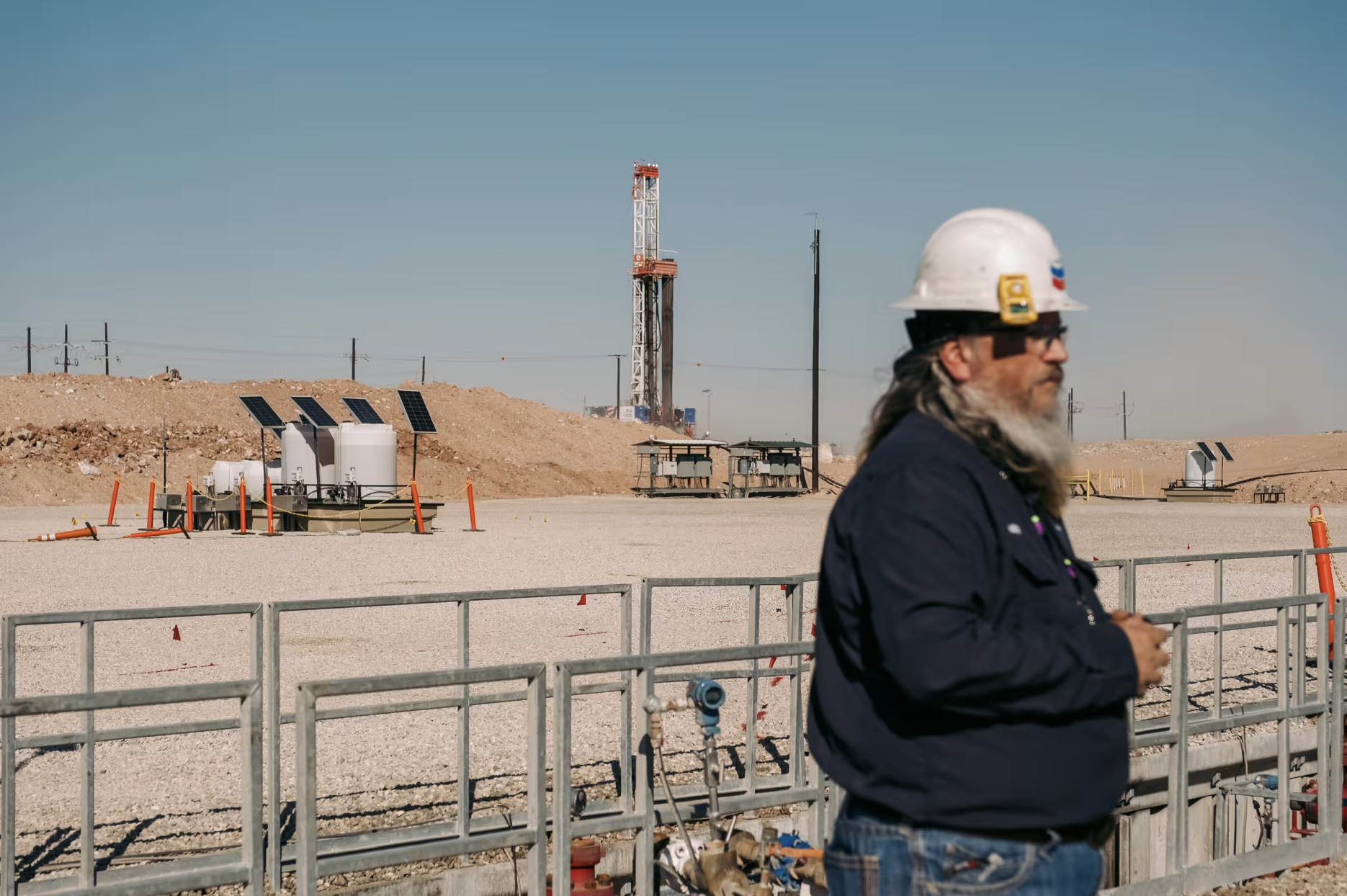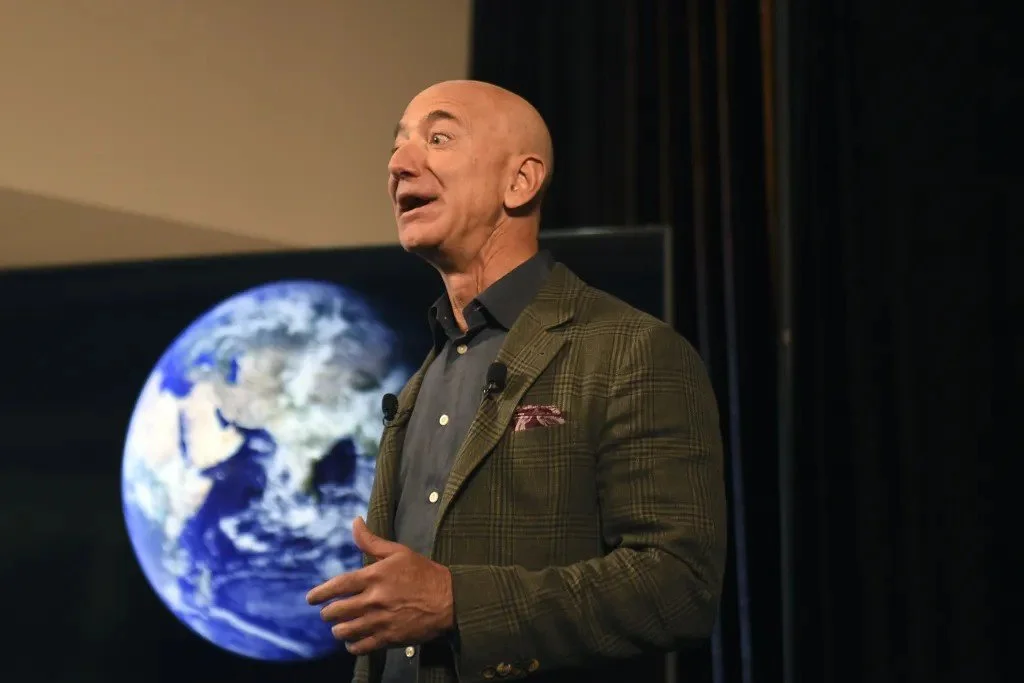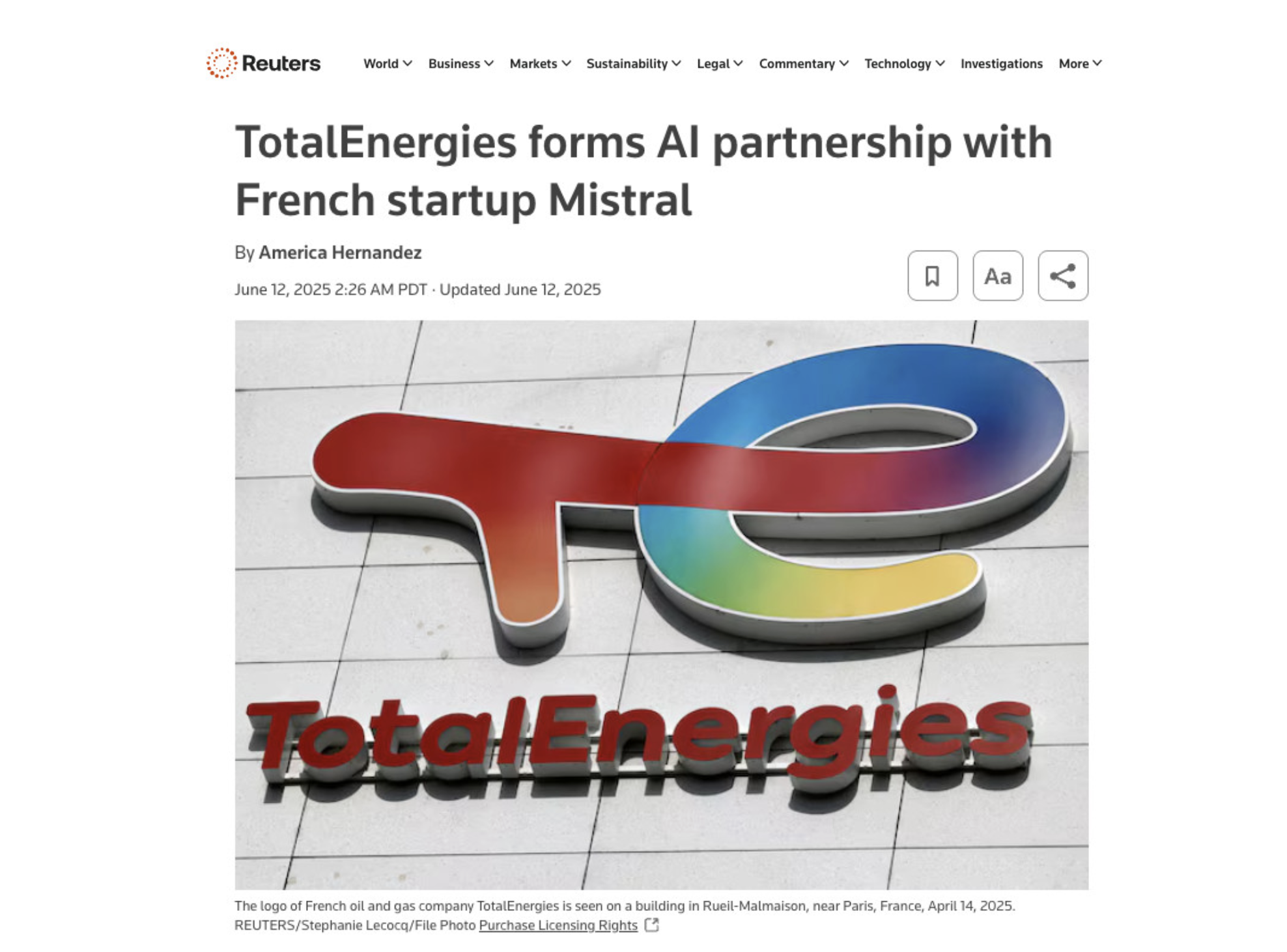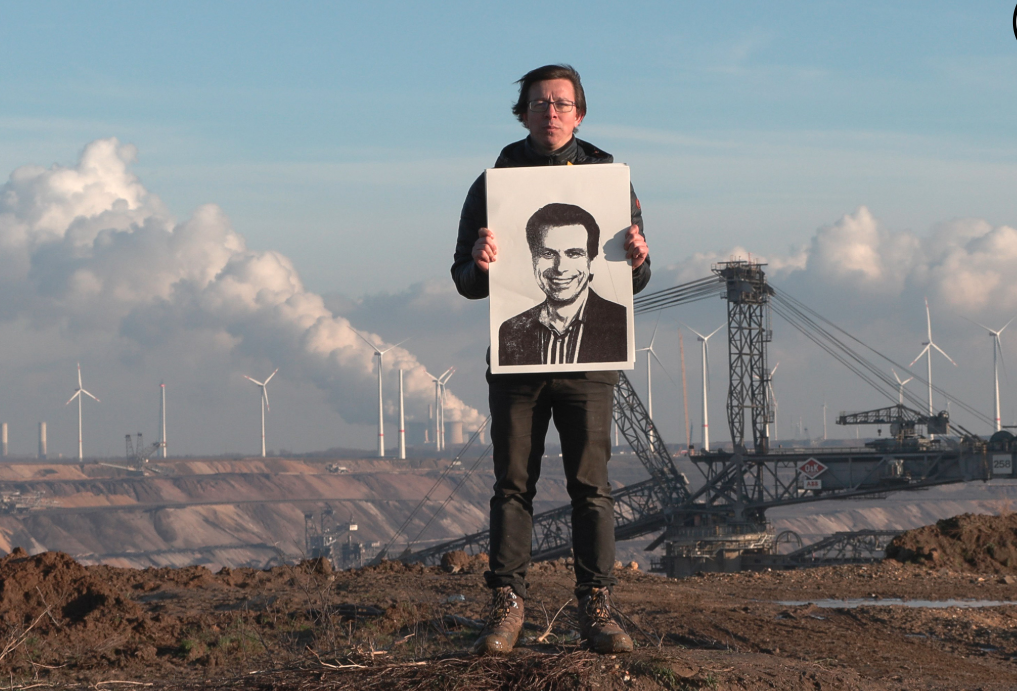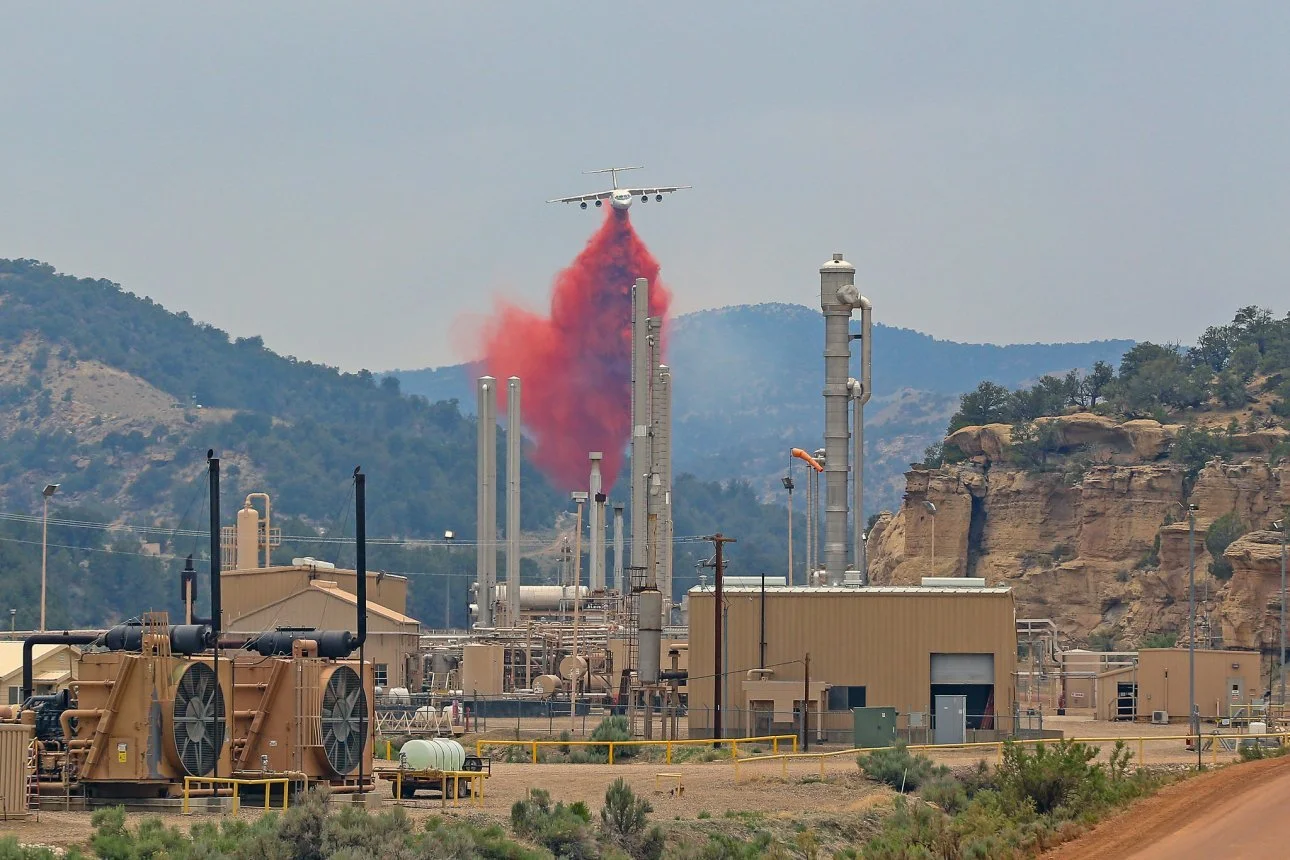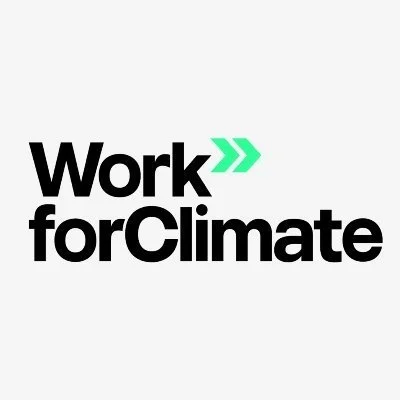
ENABLED EMISSIONS CAMPAIGN
Let’s hold Big Tech accountable for accelerating fossil fuel production
ENABLED EMISSIONS CAMPAIGN
Enabled emissions are the additional greenhouse gases released when AI, IoT, and cloud computing make more fossil fuel production possible.
Fossil fuel companies use these tools to turn high-risk operations—fracking, offshore projects, deep reserves—into data-driven decisions, driving faster exploration and far greater fossil fuel output.
The Enabled Emissions Campaign confronts one of the most powerful and overlooked drivers of the climate crisis, mobilizing across sectors to push for accountability, influence policy, and align technology with real climate solutions.
Join us in demanding the transparency and action this moment requires.
Datacenters are just the tip of the iceberg
While AI’s direct carbon footprint is gaining significant attention, its deliberate role helping oil companies significantly increase fossil fuel expansion—with staggering emissions—remains largely unaddressed.
Just two projects—of dozens—enable 300% of Microsoft’s annual emissions, including AI datacenters.
Big Tech is throwing Big Oil a lifeline
Fossil fuel companies rely on AI, IoT, and cloud computing as a “game changer” to extract more oil and gas, more cheaply,
boosting yields by up to 15%.
OUR STORY
We are leaders in AI, ethics, energy, and sustainability, with decades of experience in tech + climate. Our advocacy led to Microsoft’s Energy Principles — an initial policy step, despite significant loopholes. In 2024, we left the company to push externally for accountability and systemic climate action.
We’re working to truly align technology with climate science
-

Research
Exposing gaps in carbon accounting, regulations, and sustainability claims
-

Advocacy
Advancing smart policies, market design, governance, and incentives
-

Mobilization
Uniting a coalition of stakeholders to amplify a coordinated movement
Our work
Our team
Holly and Will Alpine are leaders in Responsible AI and sustainability with 14 years of combined experience at Microsoft. Holly launched Microsoft’s first Datacenter Community Environmental Sustainability program, as well as the company’s first Employee Engagement program for sustainability. Will was a recognized expert in Green AI and Green Software Engineering, and a product manager on Microsoft’s AI Platform team.
During a four-year internal advocacy effort, they mobilized thousands of colleagues, convened forums, engaged senior leadership, and authored influential memos—efforts that contributed to the launch of Microsoft’s Energy Principles. In 2024, recognizing the limits of internal advocacy, they publicly resigned and launched the Enabled Emissions Campaign to advance systemic climate reform.
-
Holly is a recognized sustainability leader with a decade of experience at Microsoft, where she founded and led both the company's global Community Environmental Sustainability program as well as the Employee Engagement program, supporting 10,000 employees across 36 global chapters. Holly is on the Board of Directors for American Forests and Zero Waste Washington and is an active plant-based mountain athlete.
-
Will is an AI product management leader working at the intersection of technology, policy, and climate. At Microsoft, he led the development of Responsible AI platform features, co-founded Green Software Engineering initiatives like the open-source Carbon Aware SDK, and co-authored Microsoft’s Accelerating Sustainability with AI playbook.Outside of work, he finds inspiration in nature, exploring the rugged landscapes of the Pacific Northwest.
"Holly and Will Alpine are innovative, fearless leaders driving meaningful change in the fight for a sustainable future. Through the enabled emissions campaign, they’ve spotlighted the critical – and largely unaddressed – role of advanced technologies in enabling fossil fuel production, holding tech companies accountable in ways few others are. Their bold vision, strategic approach, and unwavering commitment set a powerful example for the climate movement and inspire action toward a more just and sustainable world.”
-Bill Weihl, Founder and Chief Strategic Advisor at ClimateVoice, Former Director of Sustainability at Facebook & Google
Our Allies
FAQ
-
Enabled emissions are the additional greenhouse gas emissions that occur when advanced technologies—like AI, IoT, and cloud computing—make fossil fuel extraction and production economically or technically feasible.
These emissions don’t appear in tech companies’ carbon footprints—but they’re real, and potentially massive.
-
No! The biggest climate risk from AI isn’t its energy use—it’s how it’s used. While AI-driven demand is pushing data center electricity consumption higher (about 1.5% of global electricity in 2024, projected to reach nearly 3% by 2030), the emissions impact is still relatively small compared to fossil fuels, which drive over 90% of global CO₂ emissions. The real concern is when AI is used to expand fossil fuel production, locking in long-term emissions.
-
AI is often promoted as a climate solution, with promises of optimizing clean energy and managing power grids—but most of these benefits remain speculative or limited in scale. Meanwhile, the downsides are concrete and accelerating: soaring emissions from energy-intensive AI datacenters, increased fossil fuel extraction, and rebound effects that offset efficiency gains. As the IEA puts it, emissions reductions from digital technologies “are not on track to materialise without regulatory and other interventions.”
-
Enabled emissions aren’t currently captured in corporate climate reports. Tech companies aren’t accountable for how their tools are used, and current Scope 3 rules don’t cover the downstream impacts of technology.
-
Only with guardrails. Jevons Paradox shows that improving efficiency can lead to increased overall resource use. Without regulation, tech-driven efficiency in oil and gas often leads to more drilling, not less.
-
Currently, none. No national or international policy currently regulates the use of AI, cloud, or IoT in high-carbon sectors like oil and gas.
-
Policy wins are essential: for example, the EU AI Act could be expanded to classify fossil-fuel-enabling AI as “high risk.”
-
Yes, but most are vague or misleading. Without enforceable standards or interim targets, they’re “virtually meaningless” (Carbon Tracker, 2023). The IIGCC standard is promising—but voluntary.
-
The latest data of cloud market share by fossil fuel digitalization contracts shows: Microsoft (~57%) Amazon Web Services, (~17%) Google Cloud (~13%) Others (~13%).
Collaborate with Us
Join us as an ally, supporter, or partner
Support Us
Your support drives systemic change
Subscribe now
Sign up for infrequent campaign updates
